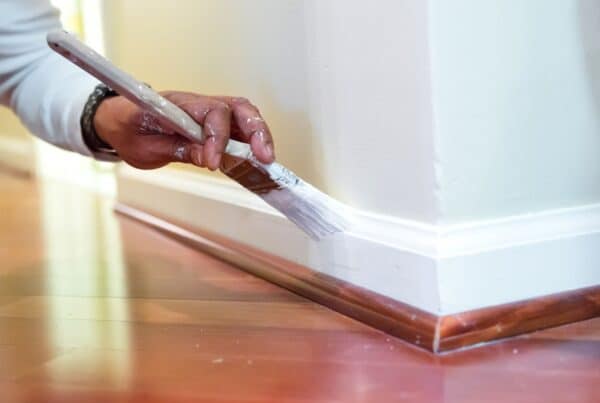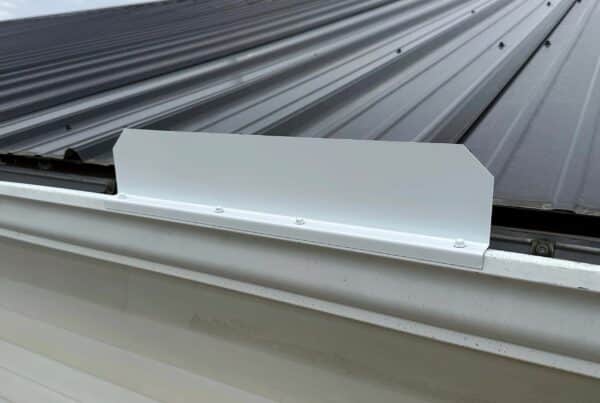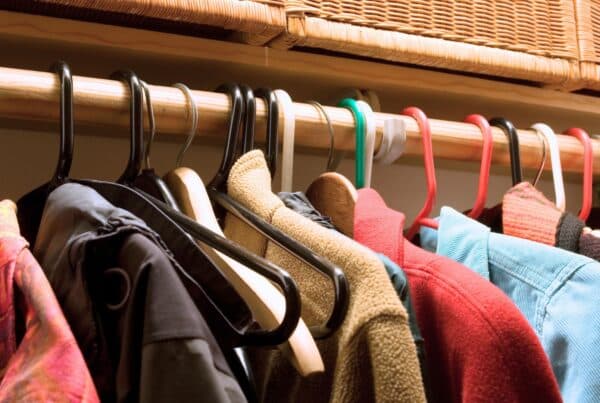
A dryer that repeatedly stops mid-cycle can be frustrating and confusing – it disrupts your laundry routine, leaving you with damp clothes and wasted time. In this guide, we’ll explore common reasons a dryer might keep stopping unexpectedly so you can get your laundry routine back on track.
From simple maintenance oversights to complex mechanical issues, we’ll also cover tips to troubleshoot and make sure you know when it’s time to call a pro.
Common Causes for a Stopping Dryer
1) Overheating – Lint buildup in the filter or venting system can restrict airflow, causing the dryer to overheat and shut off as a safety measure. This is one of the most common reasons for a dryer to keep stopping unexpectedly.
2) Power Issues – If your dryer isn’t receiving the proper voltage or amperage, it may stop working. This could be due to problems with breakers, fuses, or the power cord.
3) Clogged Condenser – A clogged or dirty condenser can prevent your dryer from functioning properly, leading to overheating and unexpected stops. The condenser plays a crucial role in the drying process, so it’s important to keep it clean.
4) Mechanical Problems – Various mechanical issues, such as a broken drive belt, faulty door latch or switch, failing motor, or malfunctioning moisture sensor, can cause your dryer to stop mid-cycle.

Troubleshooting Tips
Once you have an idea of the kind of issues typically behind a dryer stopping, diagnosing and addressing them becomes a bit more simple. However, before doing anything else, make sure there isn’t too much in the dryer at once! If the load is too heavy, this can also cause the cycle to pause.
Try taking out half the clothing in the dryer and running it again – if the issue persists, here’s a list of troubleshooting tips to help get you back on track:
Clean the Lint Filter and Venting System
To prevent overheating and ensure proper airflow, clean the lint filter after each use. Remove any lint, debris, or obstructions from the filter housing and make sure the filter fits securely back in place.
Regularly clean the venting system, including the ductwork and outside vent, to remove lint buildup and prevent blockages. A clean venting system will reduce the risk of your dryer stopping unexpectedly and improve its overall efficiency.
Check Power Sources
Inspect your circuit breakers and fuses to ensure your dryer is receiving the correct voltage and amperage. If a breaker has tripped or a fuse has blown, address the issue and reset the breaker or replace the fuse.
Check the power cord for any signs of damage, such as fraying or exposed wires, and replace it if necessary. Make sure the cord is securely plugged into a properly grounded outlet.
Check and Clean the Condenser
For condenser dryers, regularly clean and maintain the condenser to prevent clogs and ensure efficient operation. Consult your dryer’s manual for specific instructions on how to access and clean the condenser.
In most cases, you’ll need to remove the condenser, rinse it thoroughly with warm water, and allow it to dry completely before reinstalling it. A clean condenser will help your dryer run smoothly, reduce the likelihood of unexpected stops, and improve drying performance.
Visual Inspection
Conduct a thorough visual check of your dryer, looking for any signs of wear, damage, or obstructions. Check the door seal (gasket) for cracks, tears, or excessive wear, and replace it if necessary to ensure a proper seal.
Inspect the drum for any damage or foreign objects that could interfere with the dryer’s operation. Look for any loose or disconnected parts, such as hoses or wiring, and secure them properly.
Check and Clean the Moisture Sensor
Many modern dryers have moisture sensors that detect the dampness of the load and adjust the drying time accordingly. If these sensors are dirty or obstructed, they may cause the dryer to stop unexpectedly.
Locate the moisture sensors (usually thin metal strips or bars) inside the drum and gently clean them with a soft cloth and a small amount of rubbing alcohol. Make sure the sensors are clean and unobstructed to ensure accurate moisture detection and prevent unnecessary stopping.
Other Recommended Maintenance
- Clean the roof vent (if applicable) to prevent lint buildup and ensure proper airflow
- Check the machine’s amperage (usually under 20 amps) and ensure it’s on a dedicated circuit to prevent electrical issues
- Clean the outside dryer vent twice a year, removing the cover and checking for clogs, lint accumulation, or animal droppings that could obstruct airflow

Person emptying dryer lint trap.
When to Call a Professional
If you’ve tried troubleshooting and basic maintenance but your dryer continues to stop unexpectedly, it’s time to call a professional. Some signs that indicate you need professional help include:
- Unfamiliar or complex issues that you can’t diagnose or fix on your own
- Electrical problems, such as sparking or burning smells
- Persistent stopping despite thorough cleaning and maintenance
- Unusual noises or vibrations coming from the dryer
A professional has the expertise, tools, and experience to diagnose and fix more complex issues safely and effectively.
Repairs vs. Replacement
When deciding whether to repair or replace your dryer, consider its age and the issue you’re dealing with. If your dryer is relatively new (less than 5 years old) and the repair cost is less than half the price of a new one, it may be worth fixing.
However, if your dryer is older (more than 8-10 years old) and the repair cost is high (more than 50% of a new dryer’s price), it might be better to replace it.
Other factors to consider:
- Energy efficiency: Newer dryer models are often more energy-efficient than older ones. If your current dryer is not Energy Star certified, replacing it with a more efficient model could lead to long-term savings on your energy bills.
- Additional features: New dryers come with features like moisture sensors, steam cycles, and smart connectivity. These features may enhance your laundry experience and make a replacement more appealing.
Conclusion
Without a doubt, your dryer is an essential appliance – don’t let it throw off your routine when it wants to keep stopping. Performing regular maintenance and knowing the most common signs to look for will help you in future instances. However, when the problems persist or get more complex, never hesitate to call an expert.
For help with your home’s electrical, plumbing, or other major components, call Honor Services in Melbourne, FL, and surrounding areas.



